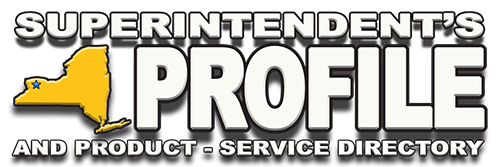Superintendent's Profile Volume 49, Number 535, April 2025
Craig Mongeau - Editor in Chief - April 2025

The old saying goes, "the only dumb question is the one you don't ask."
When it comes to the new New York Advanced Clean Truck rule, or ACT, this definitely applies to some lawmakers, ACT supporters and even the governor. In short, beginning this year, the New York State government began requiring truck dealerships to sell a percentage of zero-emission vehicles, or ZEVs, for trucks weighing 8,500 lbs. or more, with those percentages required to grow at a steady rate for the next decade. And the truck industry and equipment dealers aren't happy — and have a right to be unhappy. For an in-depth story about this, please see page 66 in this issue.
I'll let the story do most of the talking, but the main issue for me is while I think most legislation has some good intentions, you can't just force things on people without being prepared to do so. The question that should have been asked before implementing ACT was "does the state have the infrastructure to keep ZEVs (zero-emission vehicles) and BEVs (battery-electric vehicles) on the road?" The answer is no. While there are many opportunities to charge cars, there are extremely few heavy-duty charging stations across the state, which renders adherence to the rule challenging, if not virtually impossible.
I don't think there's anything inherently wrong with promoting the use of ZEVs and BEVs, just as I think there's nothing wrong with continuing to use diesel- or gasoline-powered vehicles. Both can happen at the same time. But if government (or anybody for that matter) is going to command you to do something, they should at least provide you with the tools, the ability, the equipment, training and so on to do it. That didn't happen here, and government is going to have get with the private sector, listen to their concerns and ensure not only an affordable way to require this, but also to begin developing an infrastructure to even allow this to happen. The state has to ACT first here. P
